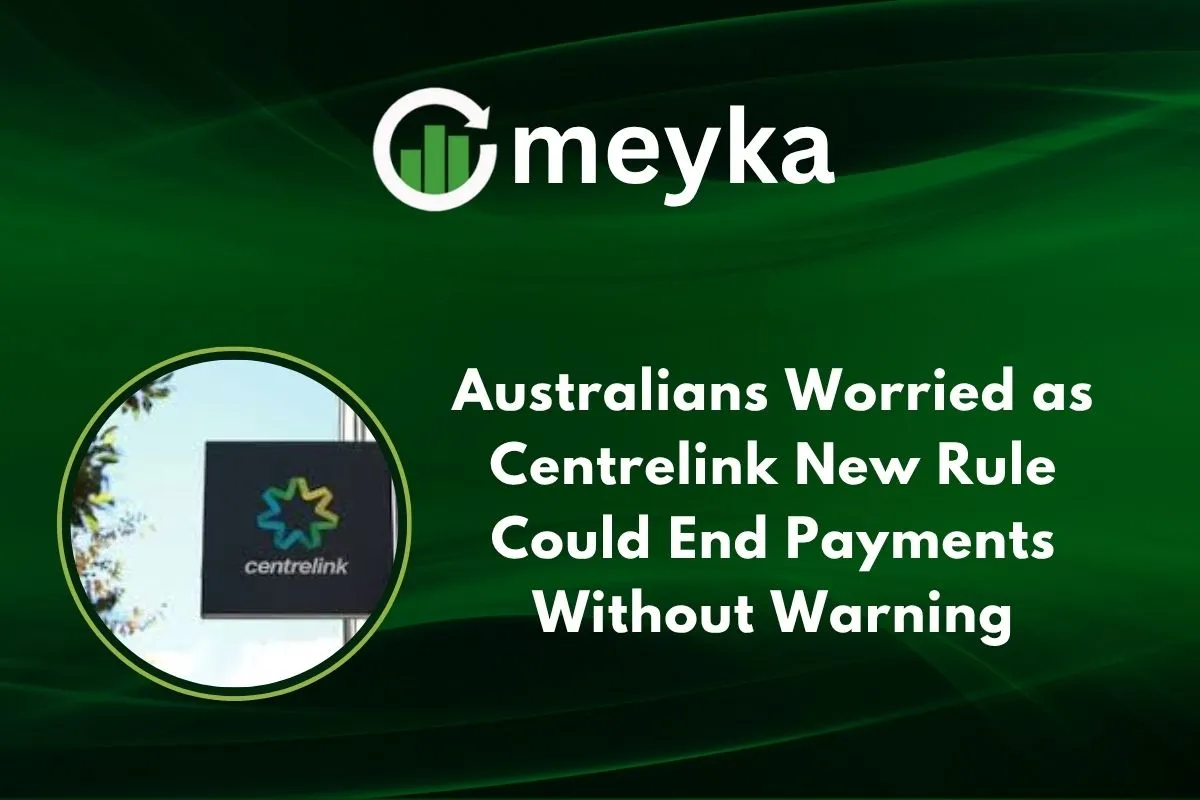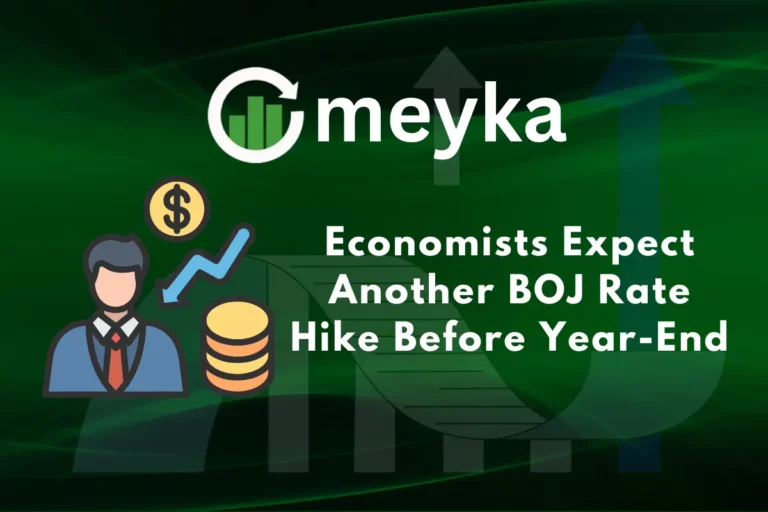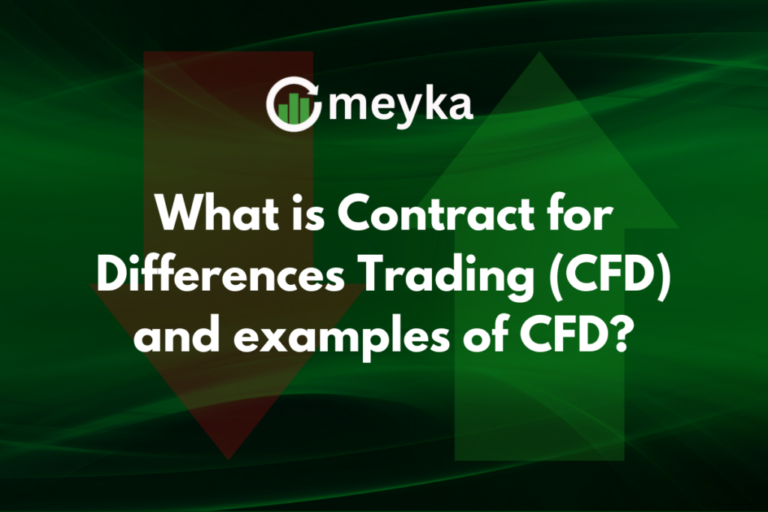Australians Worried as Centrelink’s New Rule Could End Payments Without Warning
Centrelink helps millions of Australians stay on their feet when things get tough. Whether you’re job-seeking, caring for someone, or managing a disability, Centrelink payments often serve as a crucial safety net. But now we face something new: a rule change that could mean payments stop without warning. Under the “Centrelink New Rule”, payments may be suspended or cancelled almost instantly due to automated checks. That’s causing real anxiety across the country.
Continue Reading on Meyka
This article is available in full on our main platform. Get access to complete analysis, stock insights, and more.
Read Full Article →





